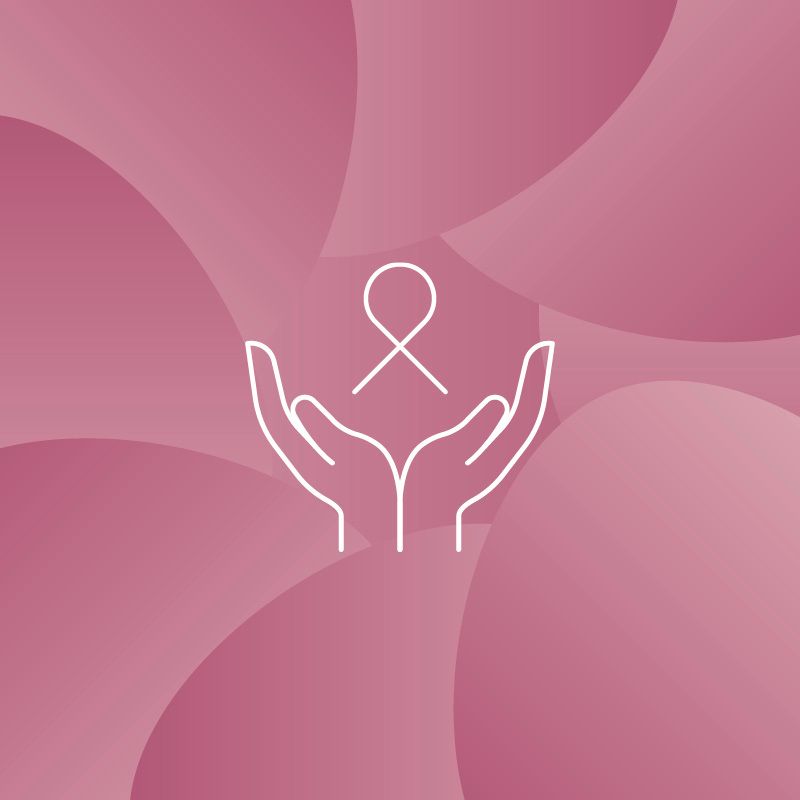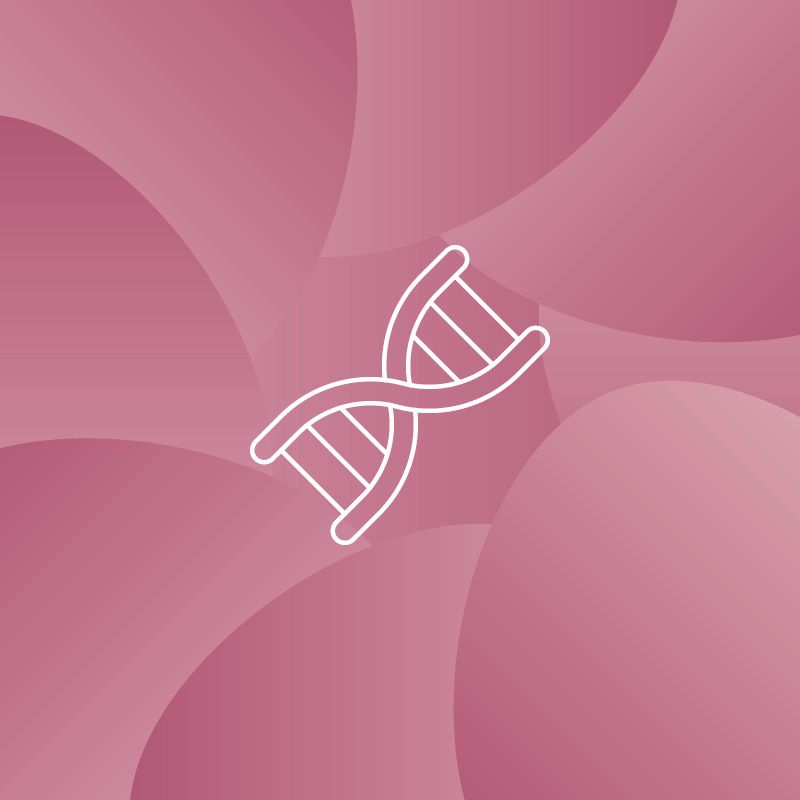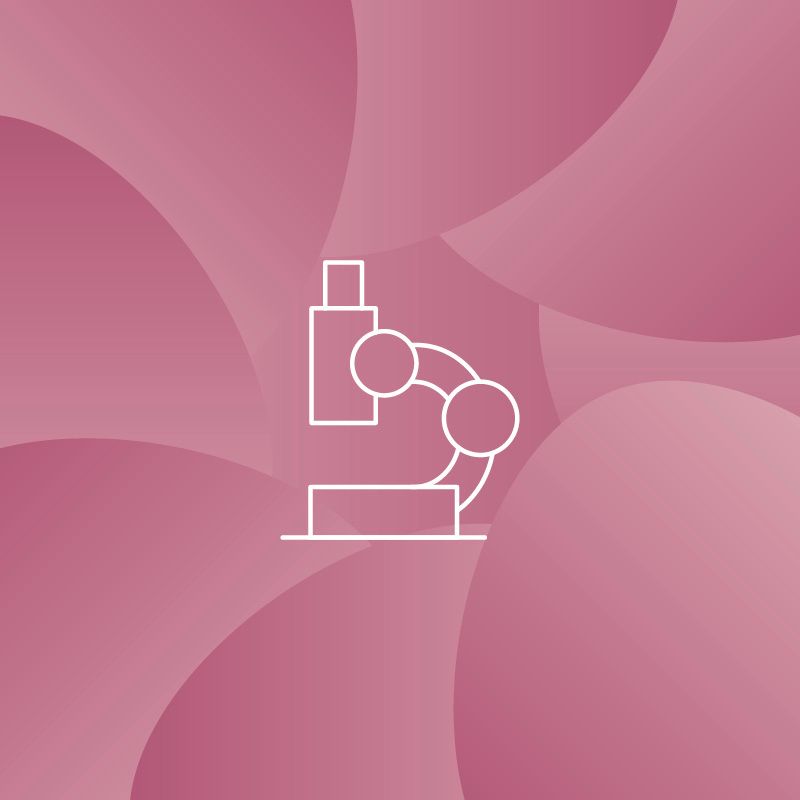
Breast cancer in the family? We analyze your genetic risk and discuss individual screening and prevention options.
Genetic counseling for familial breast and ovarian cancer -
An important step towards prevention
Do you have a family history of breast cancer? Our genetic counseling will help you to better understand your personal risk. We clarify whether a genetic mutation is present and which measures make sense - from intensified screening to prophylactic options - for your safety.
What influences the risk of breast cancer?
The development of breast cancer is influenced by various factors, which can be divided into controllable and non-controllable risks.
Factors that cannot be influenced include age, a family history, a genetic predisposition and hormonal factors such as early menstruation or a late menopause, as the risk is increased due to prolonged exposure to oestrogen.
The risk factors that can be influenced include lifestyle with diet, alcohol consumption, smoking, exercise and body weight.
A genetic cause is rare
Only around 5-10% of all breast cancers are hereditary. Mutations in the BRCA1 and BRCA2 genes are the most common, but changes in other genes can also play a role. In the Meilen district, around 60 to 120 women are affected by BRCA1/BRCA2 mutations.
Who should get tested?
In principle, genetic counseling is particularly useful for women with a family history, i.e. if close relatives - such as a mother, sister or aunt - have breast or ovarian cancer or if a genetic mutation is already known.
There are familial or personal risk constellations that are known to be associated with genetic breast or ovarian cancer. These include a disease up to and including the age of 40, certain types of breast cancer, bilateral breast cancer, a man with breast cancer, but also the occurrence of ovarian cancer or other cancers at a younger age. This list is not exhaustive, as there are many possible constellations for a test indication.
For this reason, the consultation should take place with a specially trained specialist (e.g. gynecologist) or a geneticist.
As part of such a consultation, an individual assessment is made as to whether there is a risk constellation for a genetic cancer syndrome by recording the affected persons and their age of onset as well as the type of cancer.
What happens during the genetic test?
A blood sample must be taken for the genetic test. The blood is sent to a genetics laboratory for analysis, examined and evaluated. The cell nucleus, which contains our genetic information (DNA), is taken from the blood cells contained in the blood. This is examined in the laboratory using "next generation sequencing", i.e. the entire genomic DNA of a living organism is divided into small pieces, multiplied and then the "data analysis" is carried out.
The result is then discussed personally with the patient or person seeking advice during the consultation.
If you have the gene - what are the consequences?
As already mentioned, you then have a very high lifetime risk of developing breast or ovarian cancer.
The resulting recommendations vary and also depend on whether a sick person has been tested, where it has an impact on the current treatment recommendations, or whether a healthy person seeking advice has been tested.
A positive test result, i.e. the detection of a genetic mutation, does not necessarily mean that a disease will break out. Rather, it enables measures to be taken at an early stage - from more intensive early detection examinations to preventive surgical options.
Close-meshed early detection measures make it possible to detect breast cancer at an early, curable stage. Prophylactic surgery, on the other hand, can significantly reduce the risk of developing the disease. It has also been scientifically proven that conscious lifestyle changes can also reduce the individual risk.
The decision on how to proceed is individual and should be weighed up carefully. Clear, empathetic and well-structured advice is extremely important here and helps patients to make an informed decision.
Standard questionnaire on family risks
DownloadOnline appointment scheduling
Would you like to schedule an appointment? It's quick and easy with our online booking tool - we look forward to hearing from you!
Learn more
Here you will find further information about the field of senology.











